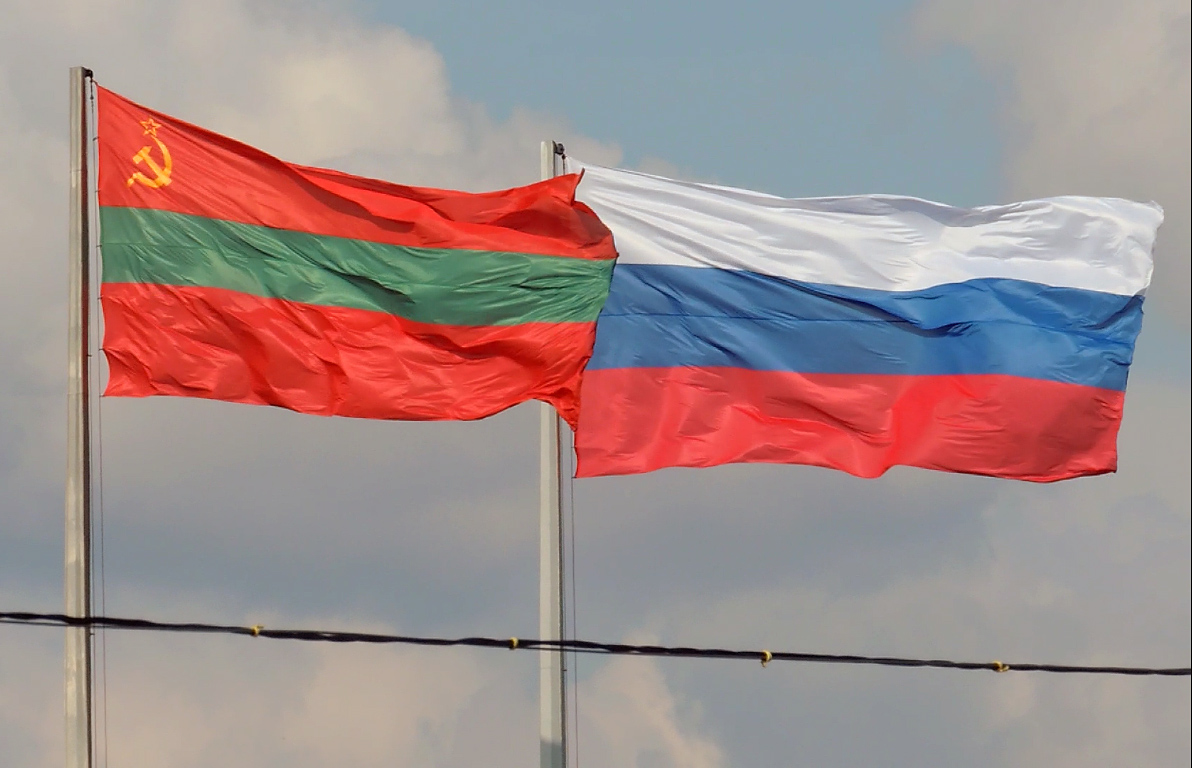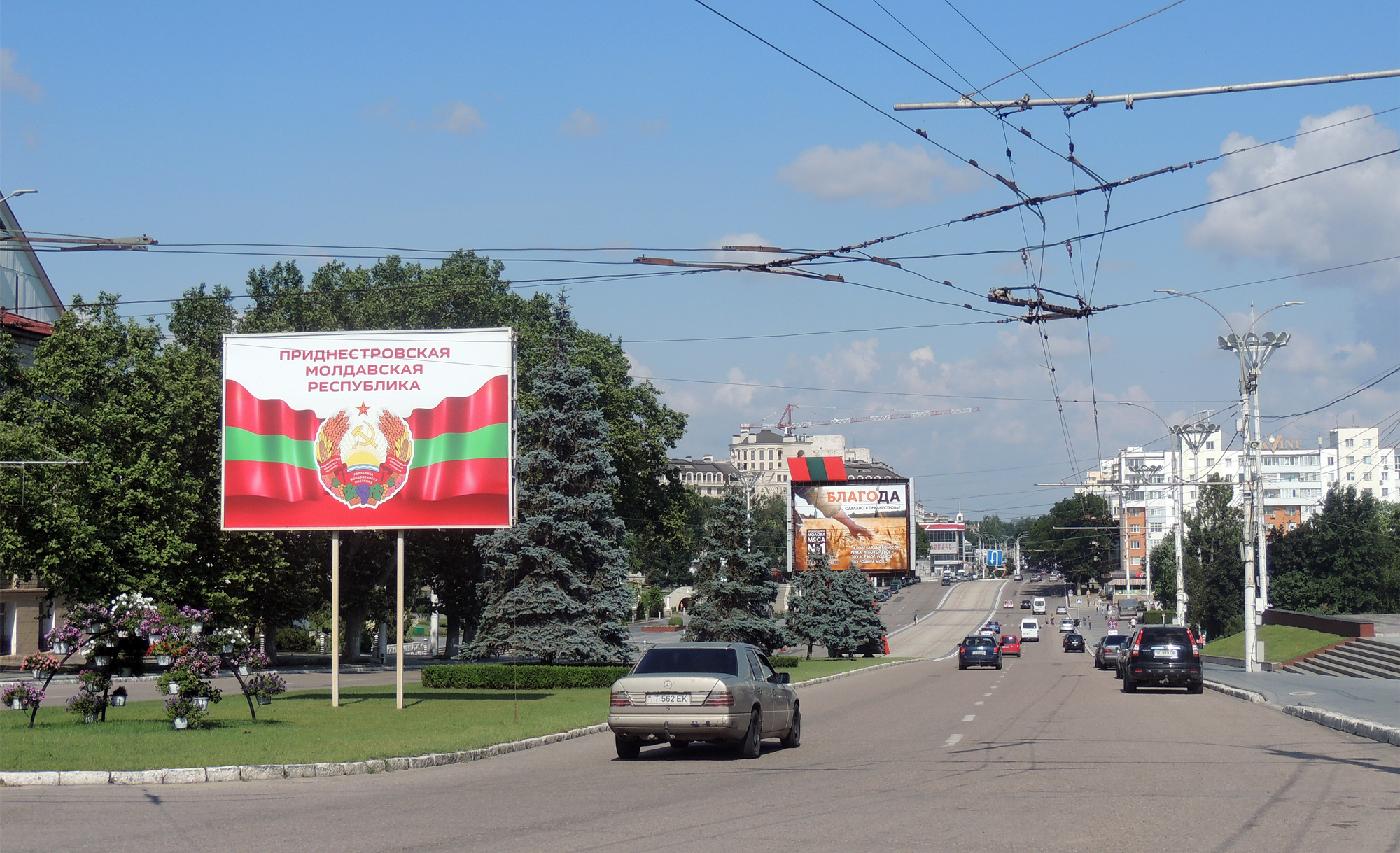News
Transnistria: last Soviet stronghold lives on as Russian satellite in non-recognition limbo
A report from Tiraspol, the capital of a territory that broke away from Moldova 30 years ago · Soviet past and affinity with Russia are two main sources of its identity
Not even Tiraspol’s closest ally —Russia— recognises Transnistria as an independent country, and officially claims it is a part of Moldova. But the situation allows Moscow to put pressure on the Moldovan government, especially not to move closer to the West. Chisinau has now turned towards Brussels under current Moldovan president Maia Sandu’s PAS government.
Think Tank Expert Group political analyst Dionis Cenusa explains: “For the last 30 years (the years since Pridnestrovie has been functioning as a state), the Transnistrian separatist regime has invested in propagating a socio-political and geopolitical identity separate from that of the [Moldovan] constitutional territory.” Cenusa further says that, “in addition to praising the Soviet past, Transnistria’s identity is based on reaffirming its affinity with Russia.”
 Transnistrian and Russian flags are flown together in several government buildings. / Photo: Àlex Bustos
Transnistrian and Russian flags are flown together in several government buildings. / Photo: Àlex BustosTo gain independence from Moldova, Transnistria fought until 1992 in a war that claimed the lives of more than a thousand people. “In the war everyone knew each other. In fact, when the battles were over, they used to go for a drink together, regardless of which side they were fighting on,” explains Tiraspol resident Tim. Before the dissolution of the Soviet Union, Transnistria had never existed as a state or as an administrative region of another country.
Almost all of Transnistria’s symbols borrow from USSR paraphernalia: sickles and hammers, red stars, golden spikes, a Russian-language anthem, Lenin monuments, and so on. Despite the fact that only 70 kilometres separate Chisinau and Tiraspol, differences are clearly visible. While in Chisinau you can see Western and local companies, in Transnistrian cities mainly Russian and Transnistrian companies can be found. On the streets of Pridnestrovie, Russian is the dominant language, while in Moldova the most widely used language is Moldovan —a dialect of Romanian according to linguists, even if some people claim they are different languages.
According to Cenusa, “it is highly unlikely that the breakaway region will come again under Chisinau’s control.” Tiraspol has already been willing to adopt Russian laws as their own, and could in the future become a Russian enclave like Kaliningrad. A referendum was held there in 2006 to ask citizens whether they wanted to join Russia: an overwhelming 98.2 percent voted for. The process was considered by Moscow to respect democratic standards, even though no representatives of international organisations monitored the vote.
The Transnistrian people
Ethnically speaking, the population is almost equally divided between Russians, Ukrainians, and Moldovans, each with about 30%. The share is very different in Moldova, where only 4% of the inhabitants identify themselves as Russian. In Transnistria’s last census, in 2015, the option to define oneself as “Transnistrian” was included for the first time, but only about a thousand people ticked it —0.2 per cent of the population. In areas such as public administration, close to 100% of procedures are carried out in Russian.
Tiraspol artist Andrei hesitates to define himself, as he grew up in Moldova and holds a Moldovan passport, but now he speaks Russian more. He does not feel connected to Moldova and, for example, he did not participate in the last Moldovan parliamentary election, on 11 July. “Chisinau’s decisions do not affect me,” he argues. However, others not willing to reveal their identity claim that 22 euros were paid to anyone who took a bus to vote for a pro-Russian party in a nearby town.
 Tiraspol entrance by road. / Photo: Àlex Bustos
Tiraspol entrance by road. / Photo: Àlex BustosIn contrast, Veronika, an English teacher from Tiraspol of Ukrainian origin, explains that she feels “more Russian, but more because of the language; I can’t say I’m from one single place.” She has lived all her life in Transnistria and does not speak any Moldovan, as she does not need it to live in Tiraspol. Veronika regrets that the worst thing about living in Tiraspol is “living in a country that doesn’t exist, because we don’t have passports.” She clarifies that “we do have them, but it doesn’t matter because we need to have another country’s citizenship in order to be able to travel somewhere; it’s a major problem”. She says that “due to the lack of jobs, many young people go abroad to work.” Most of them prefer Russia or an EU country as a destination, and it is common to see advertisements on the street offering to “work in Europe.” This bureaucratic limbo is also a problem when it comes to going on holiday, which nevertheless is only available to the richest people: Veronika comments that “the middle class doesn’t even exist here.”
In the shadow of Sheriff
The country has recently received more attention than usual after Sheriff Tiraspol, Transnistria’s most important football team, qualified for the group stage of the men’s Champions League. This means that teams like Inter Milan or Real Madrid will visit Tiraspol to play a match. The team has dominated the Moldovan league for 20 years, and has finally got the reward they were looking for.
This sporting success is due to the work of many people, but one person stands out: so-called Sheriff of Tiraspol Viktor Gushan, a former Soviet KGB agent who founded, together with Ilia Kazmaly, the Sheriff conglomerate in 1993. It is the largest business group in Transnistria, employing around 12% of the country’s population of around half a million. Since its foundation, it has become strong enough to have a share in most of Transnistria’s economic sectors.
The company also enjoys privileges such as being one of the few in the country being allowed to work in foreign currencies; it has a virtual monopoly in different sectors such as petrol distribution, telecommunications and supermarkets, among others.
The team’s qualification has been very well received by the population, and for days it has been a talking point for people like Simone, who believes it will be important beyond the strict confines of sport because “it will be good for the development of tourism.” Because of the pandemic, Pridnestrovie has lost most of its tourists. Simone adds, sardonically, that he hopes “the footballers will take a selfie with Lenin,” with one of the many representations of the Soviet leader in Transnistrian towns. And even if they probably won’t get very far in the tournament, Europe will have turned its gaze towards this territory, which will make sporting success a victory for the local authorities.
